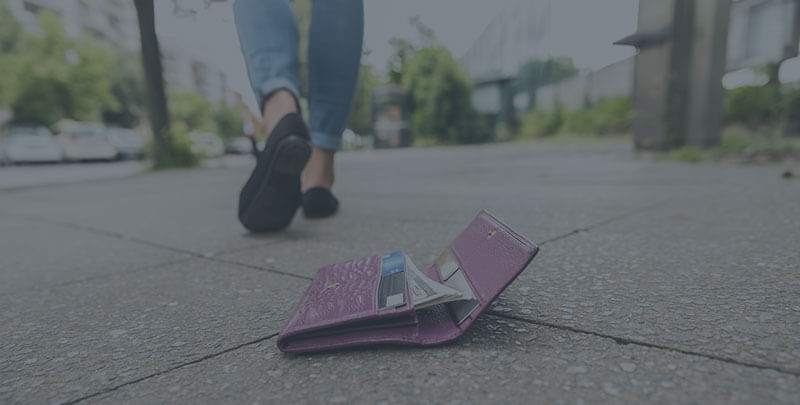Your credit card is one of the most valuable items in your wallet, and you rightfully might feel frantic if it’s been lost or stolen. But unlike some other pieces of property, federal law protects your credit card. Replacing it might be a pain, but if you act fast you can limit the damage done.
Here’s what you should do if your credit card is lost or stolen.
1. Don’t Panic
Even if your card was stolen, you shouldn’t panic. Federal law limits your liability for any unauthorized charges that occur on your stolen credit card. The Fair Credit Billing Act states that your maximum liability for unauthorized charges is $50. That amount drops to $0 if the charges occur after you report your card stolen, or if it’s your credit card number, not your physical card, that is compromised.
Many credit card companies go a step further and waive even that $50 liability. Even so, you should report your card lost or stolen as soon as you can.
2. Contact Your Credit Card Company ASAP
You should contact your credit card company as soon as you realize your card is missing or stolen; don’t even wait five minutes. If you usually refer to the back of your credit card to get your company’s contact information, you’ll have to go online or check your last credit card statement for the phone number. Some credit card companies do let you report your card missing or stolen through your online account.
When you call your credit card company, you should be ready with your account number, the date you noticed your card was missing, the details of your last purchase, and any unauthorized charges you may already have noticed.
The sooner you contact your card provider, the sooner they can deactivate your existing card, issue you a new one, and start dealing with unauthorized charges.
3. Watch for Unauthorized Charges
Once you realize your card is missing, you’ll need to check your account for unauthorized charges and bring them to the attention of your credit card company. In addition, you should watch your following statements closely to catch any unauthorized charges you may have missed or that took a while to clear your account. If you do find any fraudulent charges, you should report them to your credit card company immediately.
In Closing
Ideally, you should always keep your credit cards safe. That means knowing where they are at all times, keeping them in a safe location, and protecting your card number. But if they do go missing, or your physical card or credit card number is stolen, acting quickly will minimize your financial responsibility and reduce the amount of unauthorized charges that could land on your credit card.

